Some estimates report the world’s oceans are home to 20,000 species of fish. Ocean fishes come in all shapes, sizes, colors and live in drastically different depths and temperatures. Despite this diversity, the United Nations Food and Agriculture Organization reported in 2016 that 89.5% of fish stocks are fully fished or overfished.
Fishing is one of the most significant drivers of declines in ocean wildlife populations. Catching fish is not inherently bad for the ocean, except for when vessels catch fish faster than stocks can replenish, something called overfishing.
The number of overfished stocks globally has tripled in half a century and today fully one-third of the world’s assessed fisheries are currently pushed beyond their biological limits, according to the Food and Agriculture Organization of the United Nations. Overfishing is closely tied to by catch the capture of unwanted sea life while fishing for a different species. This, too, is a serious marine threat that causes the needless loss of billions of fish, along with hundreds of thousands of sea turtles and cetaceans.
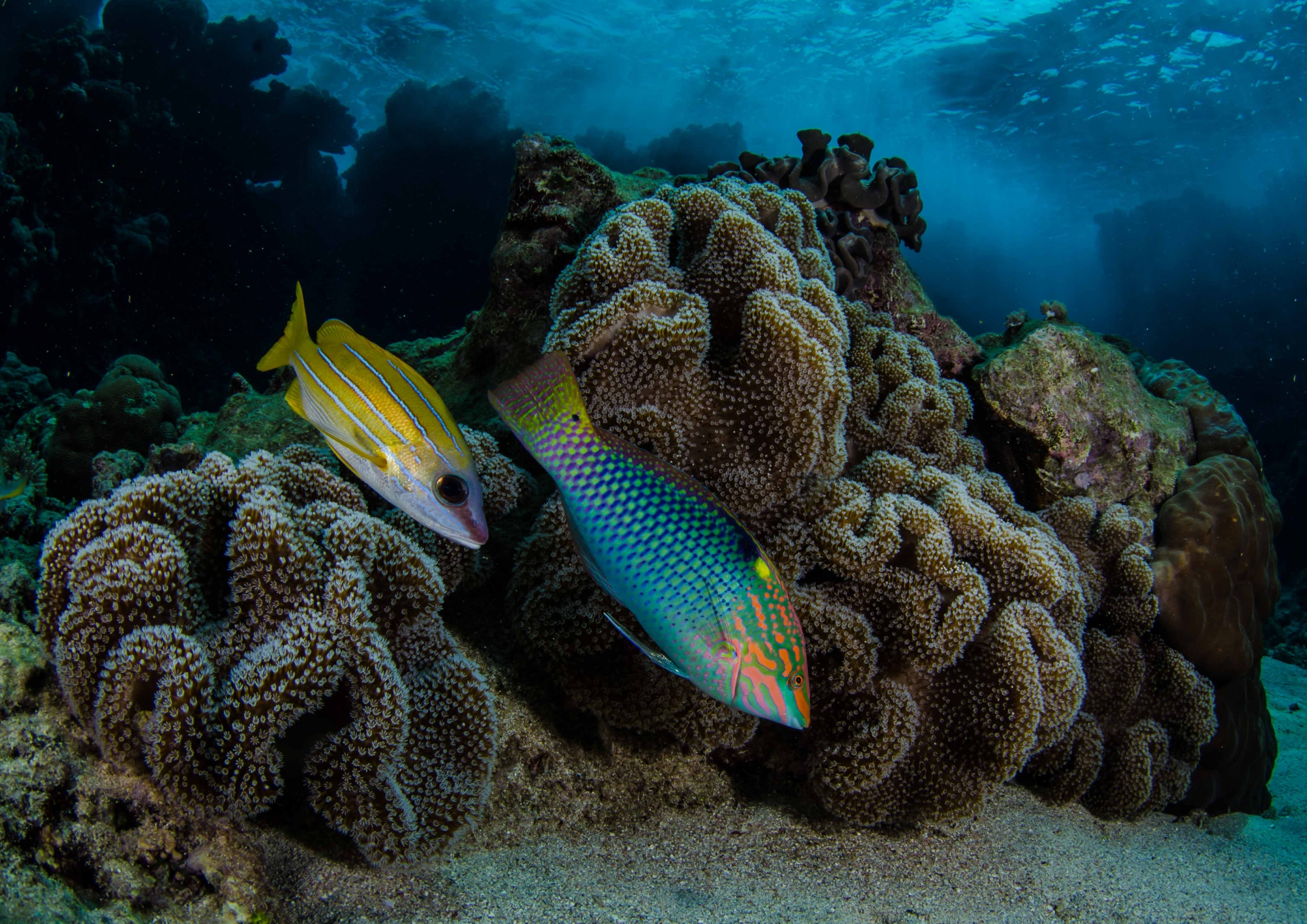
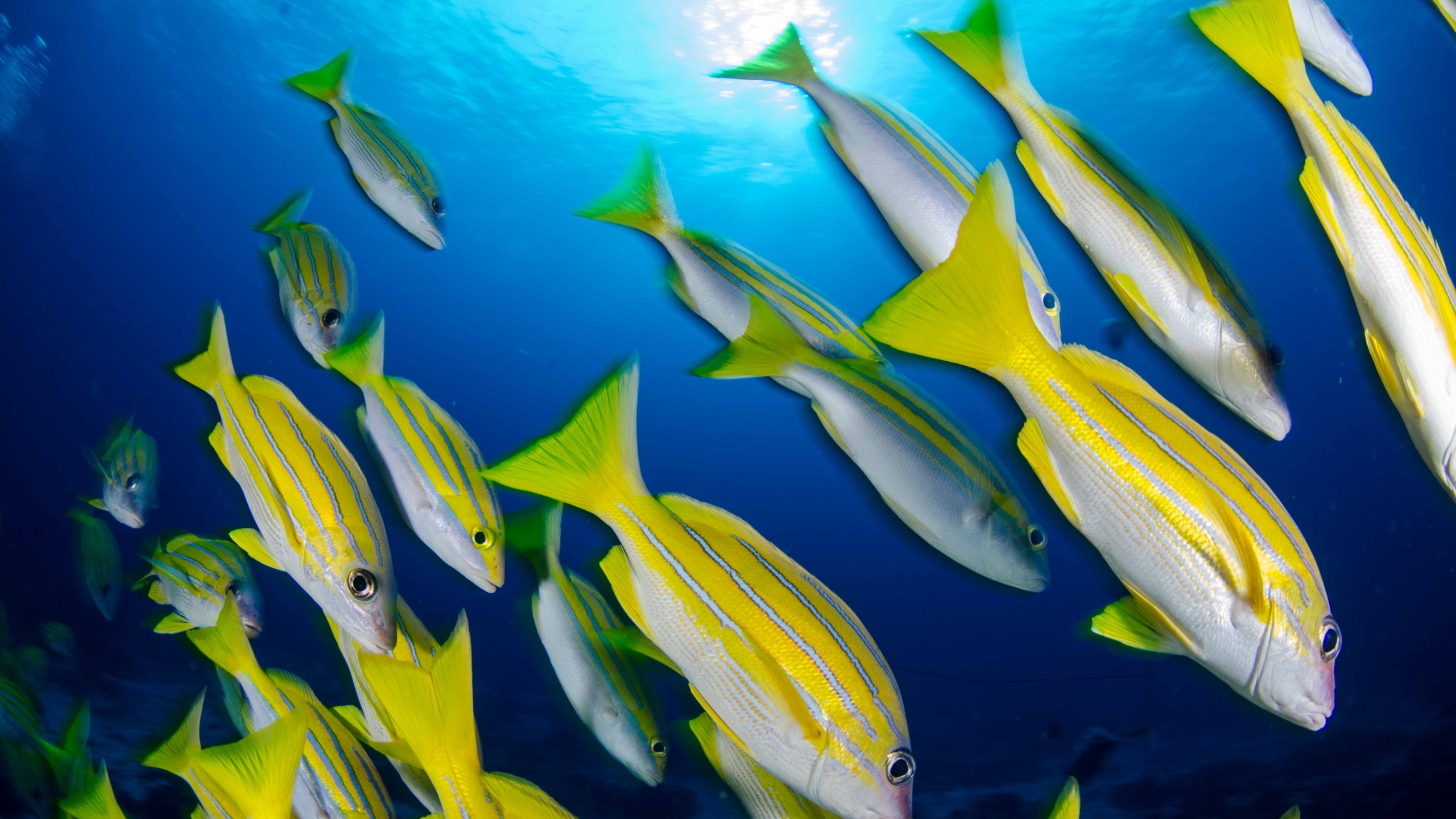
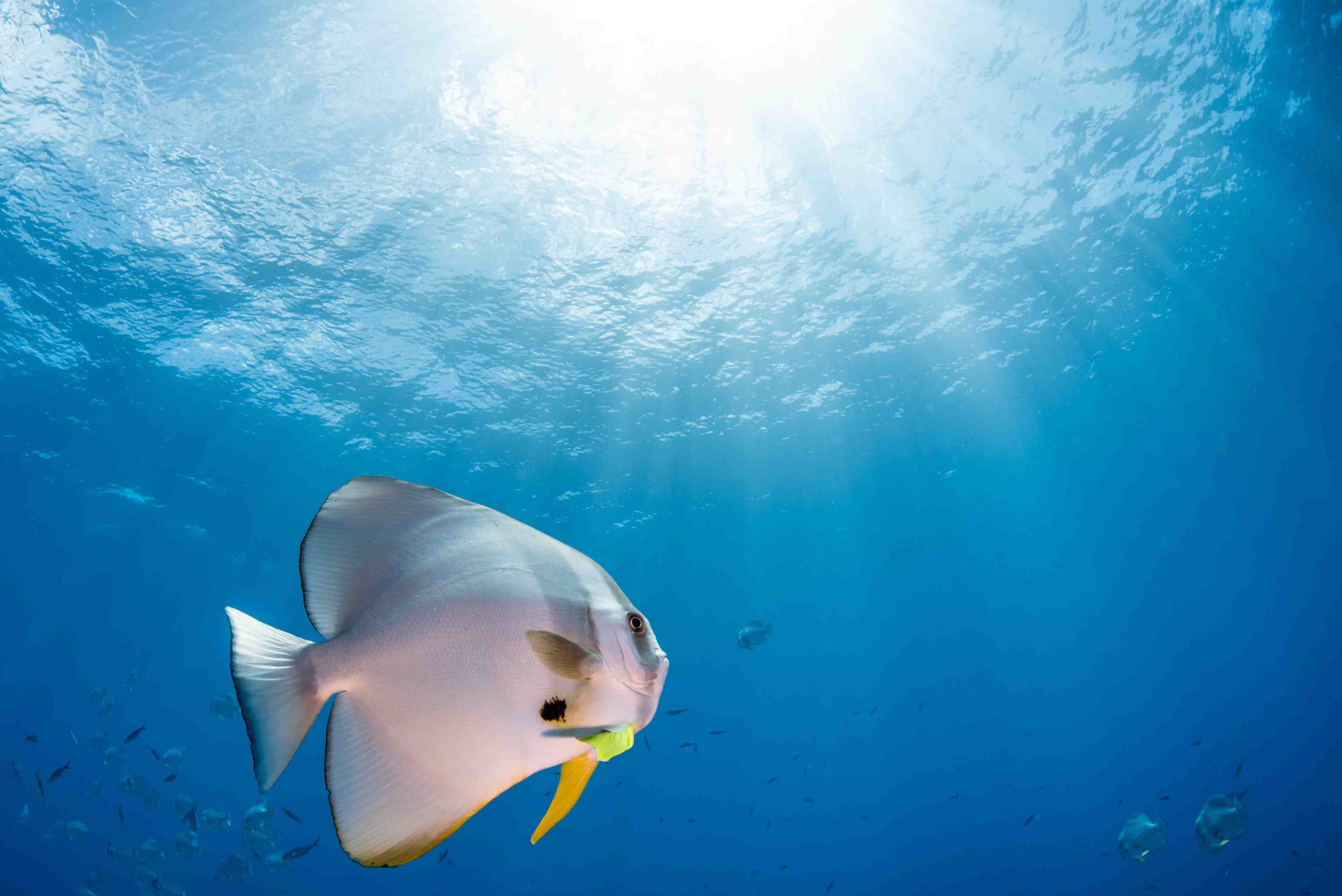
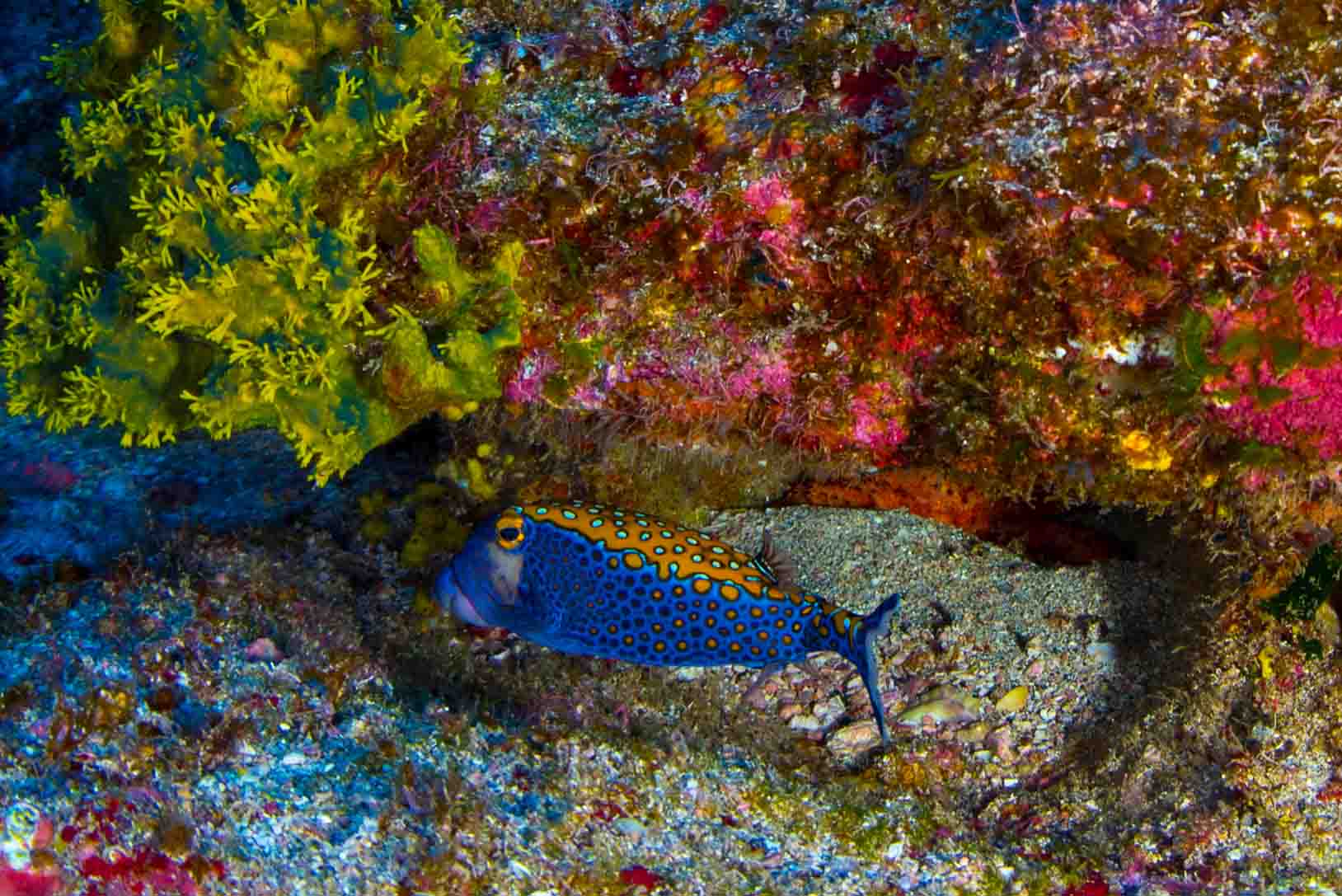
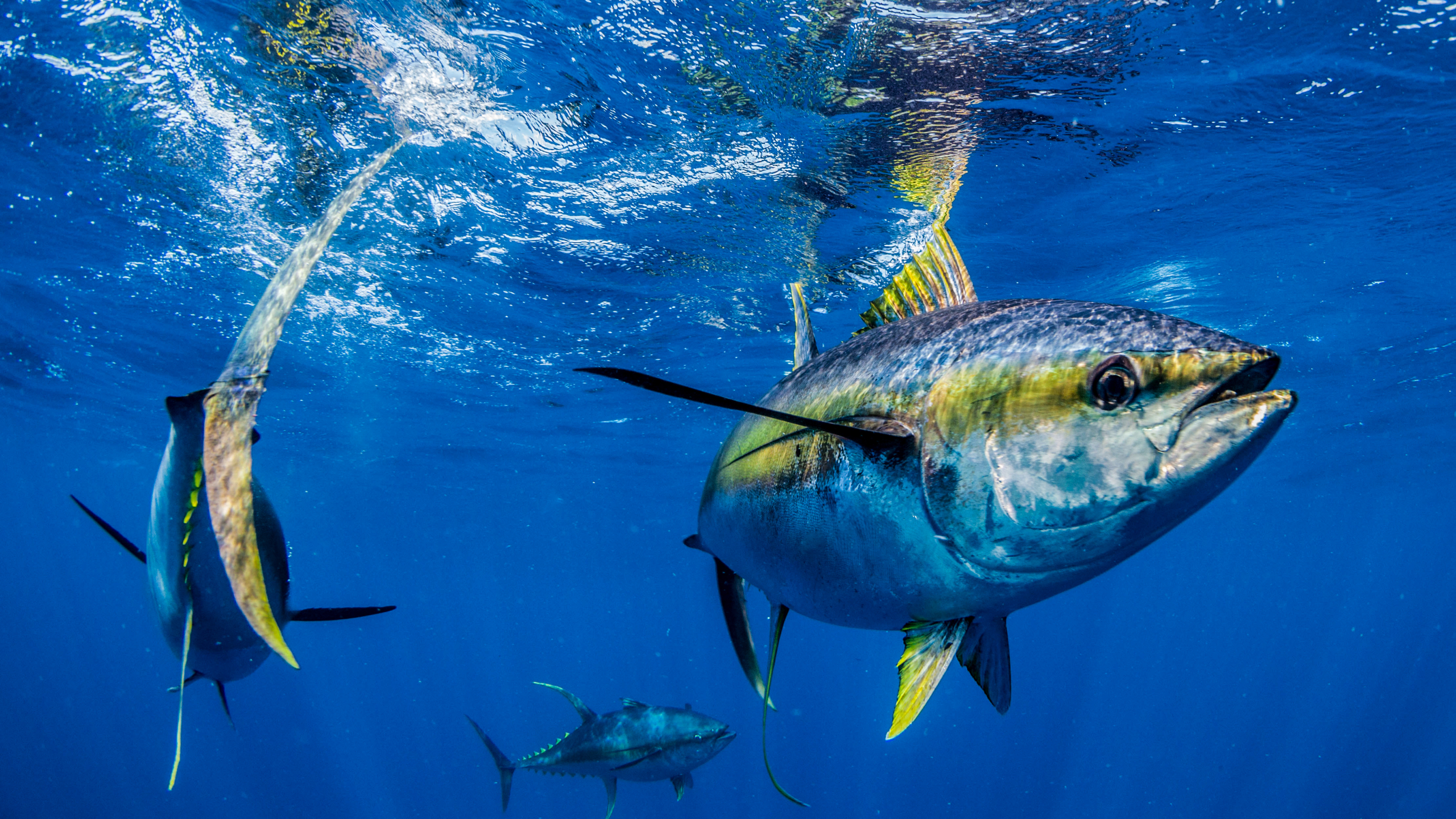
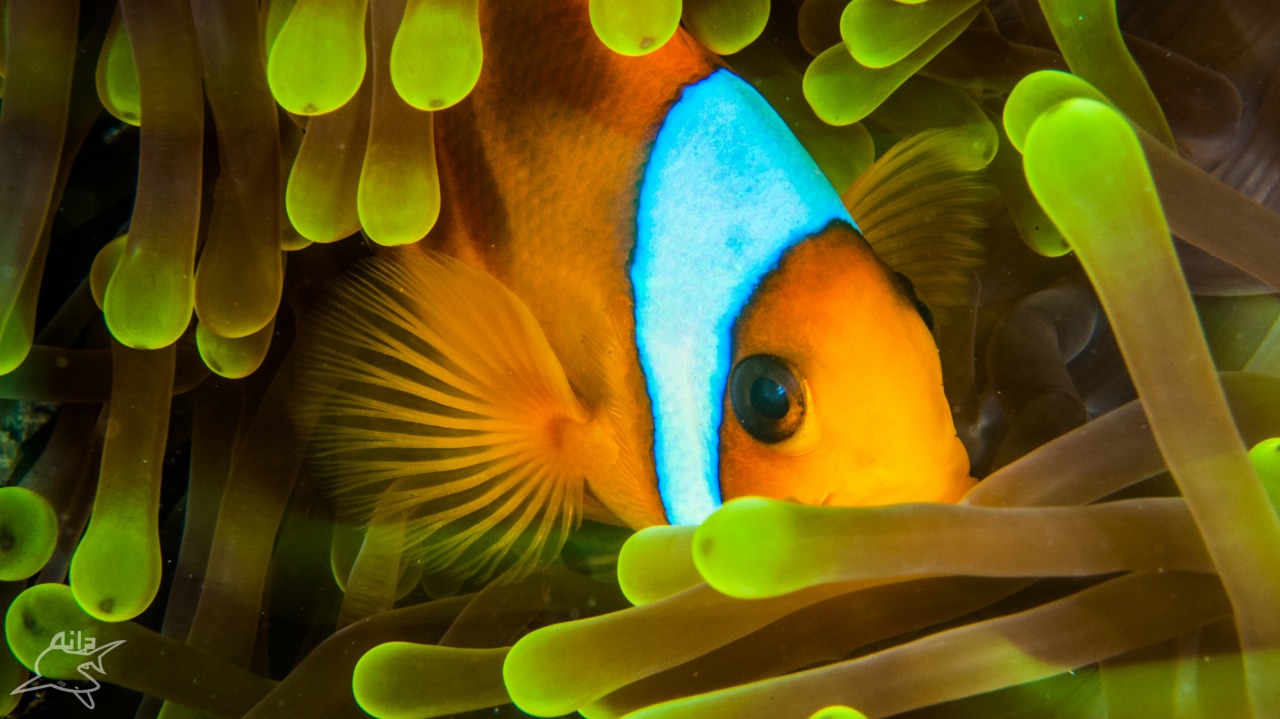
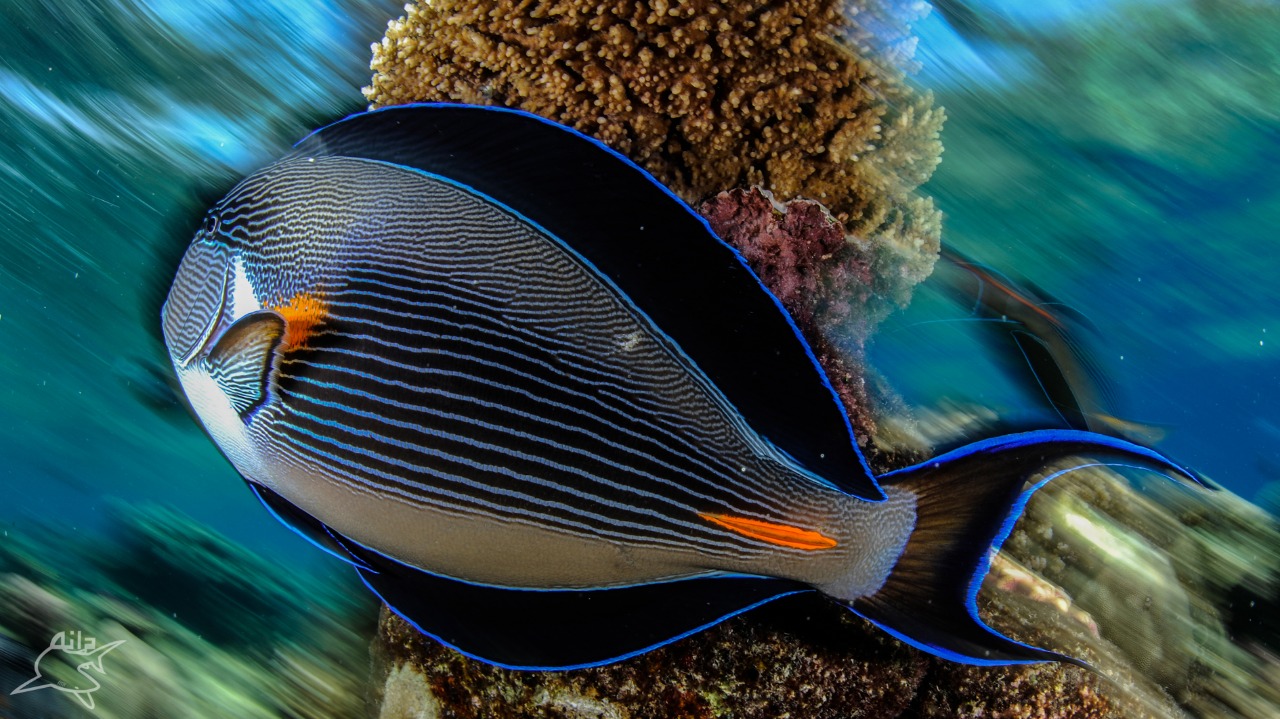
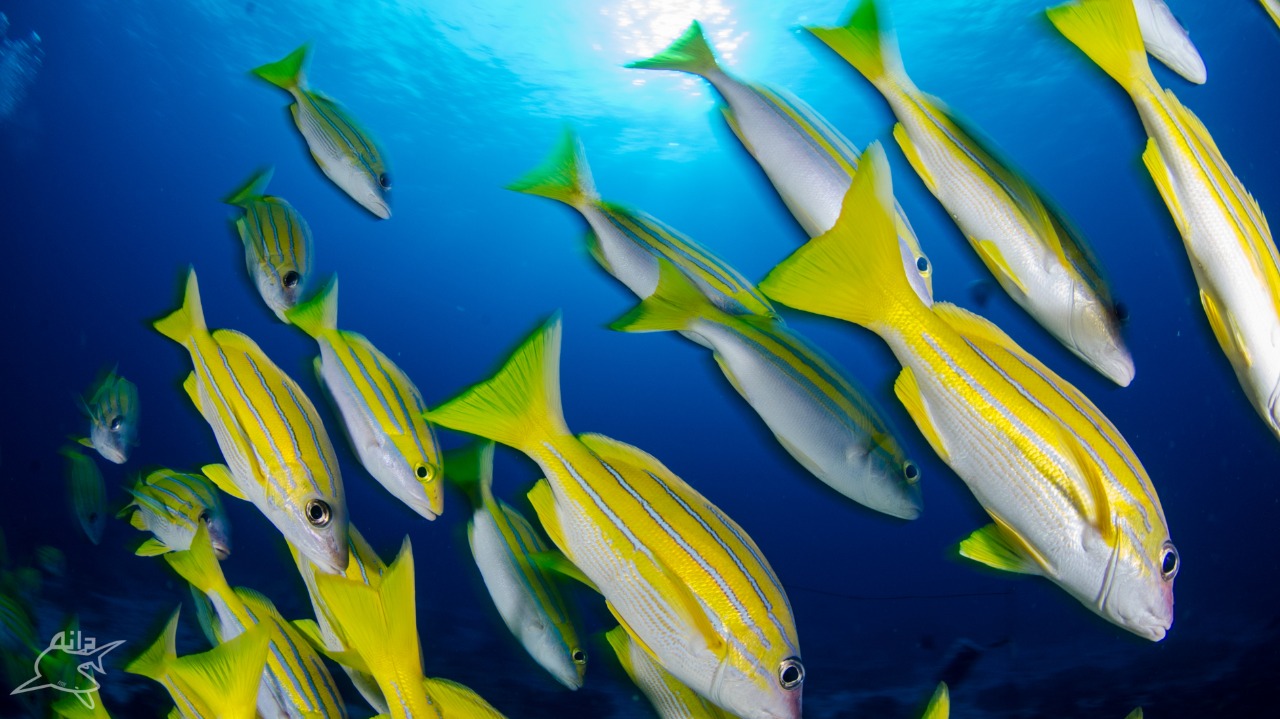
The damage done by overfishing goes beyond the marine environment. Billions of people rely on fish for protein, and fishing is the principal livelihood for millions of people around the world.
Many people who make a living catching, selling, and buying fish are working to improve how the world manages and conserves ocean resources. Stakeholders need to reform fisheries management globally, focusing on sustainable practices that not only conserve ecosystems, but also sustain livelihoods and ensure food security.
WHY ARE FISH SO IMPORTANT?
Fish play an important role in nutrient cycles because they store a large proportion of ecosystem nutrients in their tissues, transport nutrients farther than other aquatic animals and excrete nutrients in dissolved forms that are readily available to primary producers requied in nutrient recycling. The International Union for Conservation of Nature (IUCN) lists 455 critically endangered fish species, including 87 which are tagged as possibly already extinct. 3.0% of all evaluated fish species are listed as critically endangered. It is predicted The world’s stocks of seafood will have collapsed by 2050 at present rates of destruction by fishing. If all fish are removed the ocean will no longer be able to perform many of its essential functions, leading to a lower quality of life. People will starve as they lose one of their main food sources. The effects of a world without fish in the sea would be felt by everyone.
CO-EXIST PURCHASES CONTRIBUTE TO PROTECTING THE WORLDS FISH POPULATION!
Dr. Christopher Clarke

